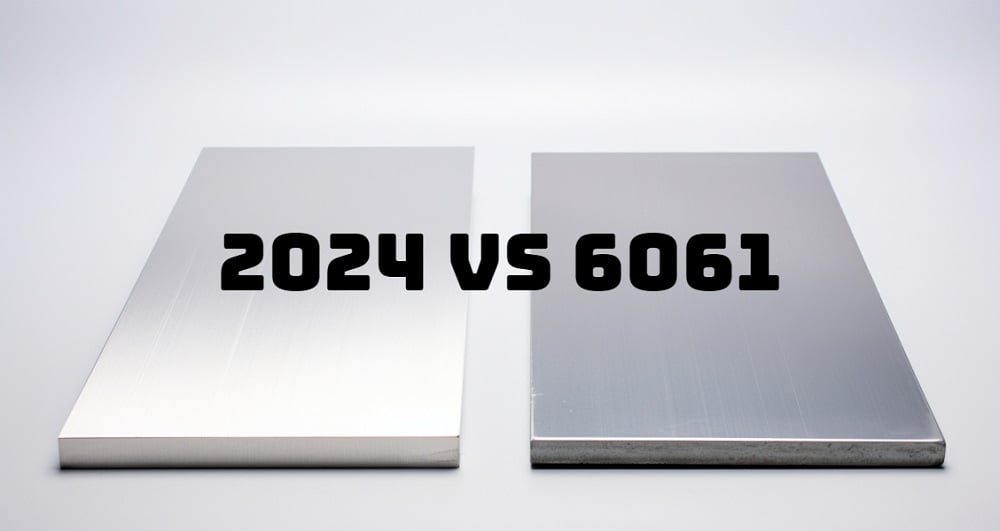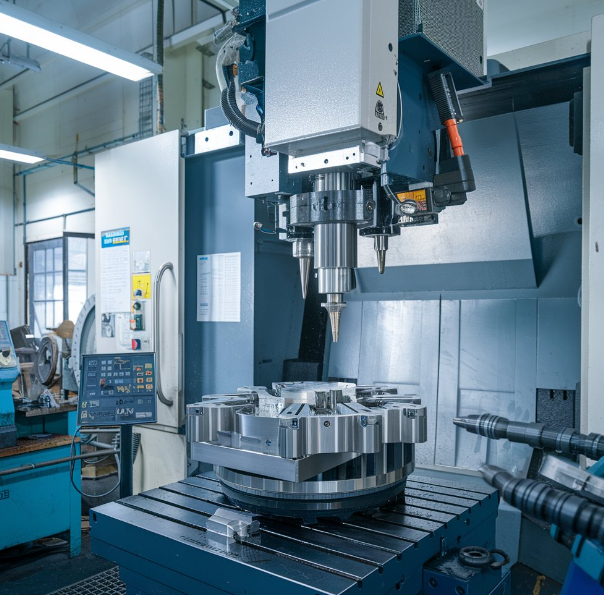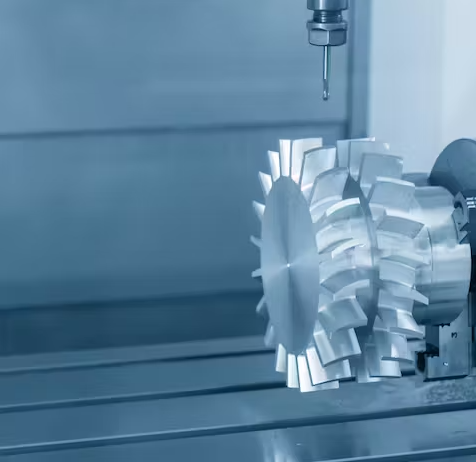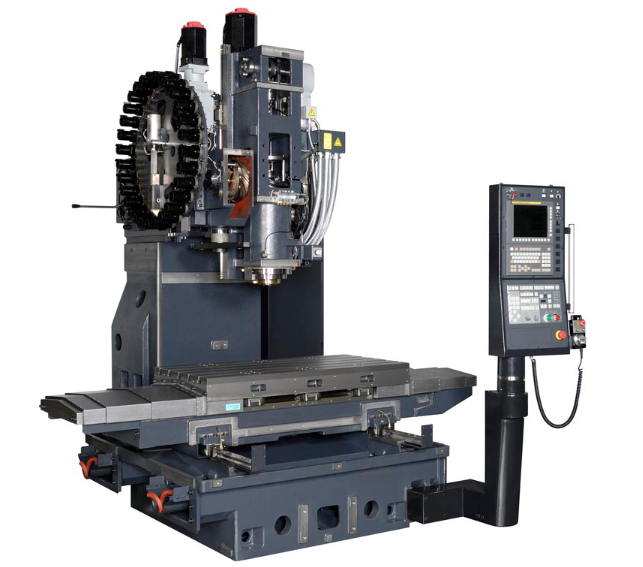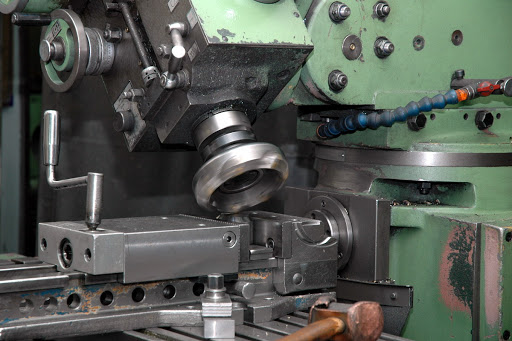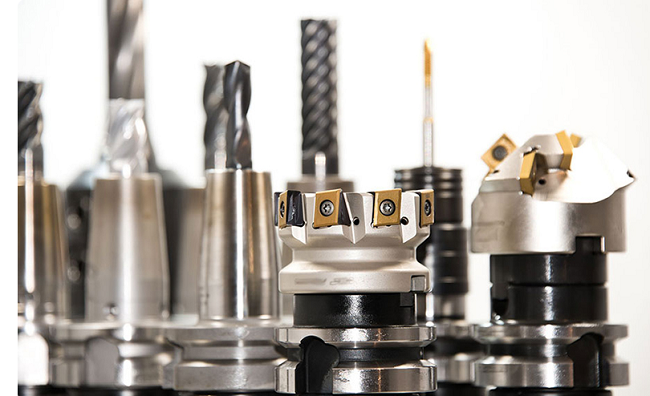5083 Aluminum CNC Machined Parts – Aluminum 5083 Machining in China
Premium-quality and durable 5083 aluminum CNC machined parts are supplied by precision machining services from CNClathing.com (Junying). You can receive top-grade, precision-engineered CNC machining aluminum components made from the high-strength, corrosion-resistant 5083 grade. As a top CNC service supplier in China, CNCLATHING specializes in various advanced aluminum CNC machining techniques, including milling, turning, drilling, and 5-axis machining, as well as other aluminum manufacturing processes like extrusion, backed by rigorous quality control using CT scanning, 3D projection, and coordinate measuring machines to guarantee tight tolerances (+/-0.002mm) and superior surface finishes of our 5083 machined components and other metal alloys. Our fast production cycles, cost-effective prices, and flexible customization options ensure a reliable one-stop solution for industries ranging from marine and automotive to aerospace and construction.
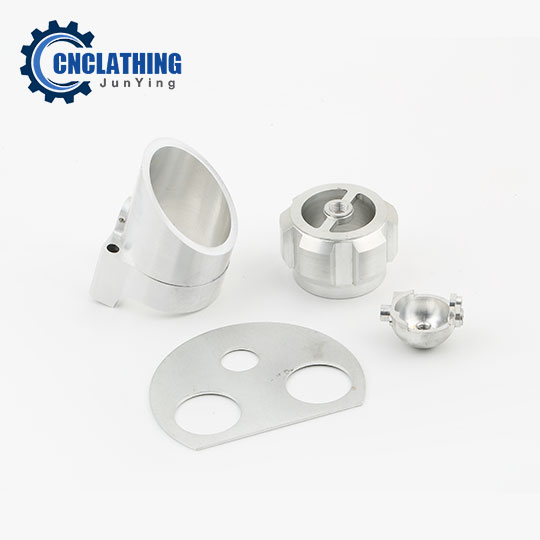
What Is 5083 Aluminum Alloy?
5083 is a high-performance aluminum-magnesium alloy known for its excellent strength and outstanding resistance to corrosion, especially from seawater and harsh industrial chemicals. It contains magnesium as its primary alloying element, with small amounts of manganese and chromium. AA5083 is particularly valued for retaining exceptional strength after welding, making it a preferred material in many structural applications.
One of the key features of 5083 is that it is a non-heat-treatable alloy, yet it offers the highest strength among similar aluminum-magnesium alloys. Additionally, Al 5083 alloy performs well in extreme temperature environments, including cryogenic conditions where it can be cooled down to -195°C and shows increased strength and fracture toughness. However, its use is not recommended in temperatures exceeding 65°C, as this can affect its mechanical properties.
Because of its excellent corrosion resistance, strength, and weldability, 5083 aluminum alloy is widely used across industries such as shipbuilding, rail transport, automotive bodies, pressure vessels, and mining equipment. It is available in forms such as rolled sheets and plates and meets global marine standards like ASTM B928M and AS/NZS 1734:1997.
5083 Aluminum Alloy Chemical Composition
| Element | Percentage Range (%) |
|---|---|
| Aluminum (Al) | Balance (92.55 – 95.55) |
| Magnesium (Mg) | 4.0 – 4.9 |
| Manganese (Mn) | 0.4 – 1.0 |
| Chromium (Cr) | 0.05 – 0.25 |
| Copper (Cu) | Max 0.1 |
| Iron (Fe) | Max 0.4 |
| Silicon (Si) | Max 0.4 |
| Titanium (Ti) | Max 0.15 |
| Zinc (Zn) | Max 0.25 |
5083 Aluminum Alloy Mechanical Properties (Different Forms)
| Property | Sheet (0.2 – 6.3 mm, O/H111) | Plate (6.3 – 80 mm, O/H111) | Plate (80 – 120 mm, O/H111) | Sheet (0.2 – 6.0 mm, H32) |
|---|---|---|---|---|
| Proof Stress (MPa) | 125 (min) | 115 (min) | 110 (min) | 215 (min) |
| Tensile Strength (MPa) | 275 – 350 | 270 – 345 | 260 (min) | 305 – 380 |
| Hardness (Brinell HB) | 75 | 75 | 70 | 89 |
| Elongation (%) | Not specified | Not specified | 12 (min) | Not specified |
5083 Aluminum Alloy Physical Properties
| Property | Value |
|---|---|
| Density | 2650 kg/m³ (2.65 g/cm³) |
| Melting Point | 570°C |
| Modulus of Elasticity | 72 GPa |
| Electrical Resistivity | 0.58 × 10⁻⁶ Ω·m |
| Thermal Conductivity | 121 W/m·K |
| Thermal Expansion | 25 × 10⁻⁶ /K |
Alloy 5083 Designations
5083 aluminum is recognized under several industry standard designations depending on regional and application-specific codes. Common designations include Al Mg4.5Mn0.7, AlMg4.5Mn, GM41, and A95083. These reflect the alloy’s composition, primarily focusing on its magnesium and manganese content, and are used internationally to ensure consistent quality and performance characteristics.
5083 Aluminum Tempers
The 5083 alloy is available in several tempers that define its mechanical properties based on work hardening and heat treatment processes:
- O Temper (5083-O aluminum): This is the annealed or soft temper with no work hardening, offering maximum ductility but lower strength.
- H111 Temper (5083 H111 aluminum): Some work hardening is introduced by shaping processes, but less than higher tempers, providing a balance between strength and formability.
- H32 Temper (5083-H32 aluminum): This temper is achieved by work hardening through rolling, followed by a low-temperature heat treatment that stabilizes the material at approximately quarter hard. It offers higher strength while maintaining reasonable ductility.
Most commercial 5083 aluminum products are supplied in H321 temper, a variant of H32, which provides a good mix of strength, ductility, and weldability.
5083 Aluminum Weldability – Is 5083 Aluminum Weldable?
The alloy 5083 has excellent weldability, so it is easy to weld, especially with Gas Metal Arc Welding (GMAW or MIG) and Gas Tungsten Arc Welding (GTAW or TIG). These methods preserve the alloy’s strength and corrosion resistance after welding. The commonly used filler metal for welding 5083 to itself or similar alloys is 5183, though other 5xxx series fillers like 5356 and 5556 are also employed.
Is 5083 Aluminum Machinable?
5083 aluminum is considered moderately machinable rather than highly machinable. While it can be machined using standard equipment, it tends to work-harden quickly and generate built-up edges on cutting tools, which may require slower cutting speeds, sharp tools, and proper coolant use to achieve good surface finishes and tool life. Compared to alloys like 6061, 5083 is more challenging to machine due to its toughness and strain-hardening characteristics, so careful adjustment of machining parameters is essential to avoid excessive tool wear and maintain dimensional accuracy.
Advantages of Our 5083 Aluminum CNC Machined Parts
- Top-grade quality and cost-effective prices
- A host of sizes, aluminum types, and product shapes can be machined
- Quick turn machining cycle and short production time
- One-stop service, instant response, and online customer support
Specifications of 5083 Aluminum CNC Machined Parts
| Material | 5083 Aluminum |
| Tolerance | +/-0.002mm |
| Surface Treatment | Anodizing, chrome plating, silver plating, polishing, galvanized, electroplating, passivation, powder coating, spraying, and painting, etc |
| Main Process | CNC Machining, Turning, lathing, milling, drilling, grinding, boring, stamping, threading, tamping, EDM, wire walking, laser cutting, laser marking, CNC bending, and surface treatment |
| Quality Control | Strict quality control in the whole process, from material to packing Industry: CT scanning, 3D projector, X-ray technology, Coordinate-measuring machine |
| Usage | Shipbuilding, Vehicle bodies, Rail cars, Pressure vessels, Mine cages, etc. |
| Customized Drawings | Auto CAD, JPEG, PDF, STP, IGS, and most other file formats are accepted |


